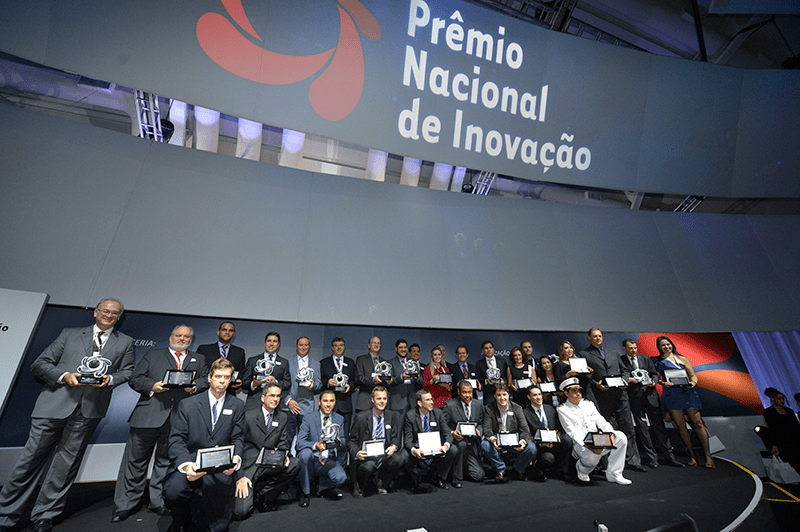Pozzolanic cement reduces CO2 emissions by 50%
The project developed by Votorantim Cimentos was the highlight of the National Innovation Award, held by the National Confederation of Industries. The construction of a new cement plant in Porto Velho (Rondônia) for the production of pozzolan cement is a pioneer project not only at Votorantim Cimentos but also worldwide. “Pozzolanic cement arose out of the challenge to supply the construction of the Jirau and Santo Antônio hydroelectric power plants, on the Madeira River. A concrete with low heat development was required, in order to assure the construction of large pieces of concrete without the risk of cracking or degeneration caused by weather. The region does not have any limestone reserves, so we developed a new material from clay – calcined pozzolan” said Edvaldo Rabelo, global executive officer of Energy, Sustainability and Safety at Votorantim Cimentos.
The Porto Velho region is abundant in clay, which allowed the development of pozzolan, by calcining the material. In addition to creating an innovative composition in the cement industry worldwide, pozzolan is a highly sustainable material: with its use, the unit reduced CO2 emissions by 50%, water consumption by 40%, electricity consumption by 25% and waste generation by 10%.
“The recognition from winning the National Innovation Award crowns a long process of innovation that we’ve been developing since the 1990s, when we began our research with artificial pozzolana. We want to make our contribution to the regional economy, delivering excellent, innovative and eco-efficient products,” adds Mr. Rabelo.
The National Innovation Award is presented annually and recognizes Brazilian companies that have contributed to the nation’s increased competitiveness through innovation. The award also has the support of Corporate Mobilization for Innovation, the Small Business Support Service (SEBRAE), the National Service for Industrial Training (SENAI), the Ministry of Science and Technology, the Competitive Brazil Movement (MBC), and the Euvaldo Lodi Institute (IEL).


